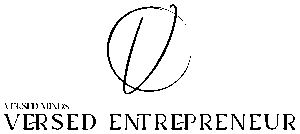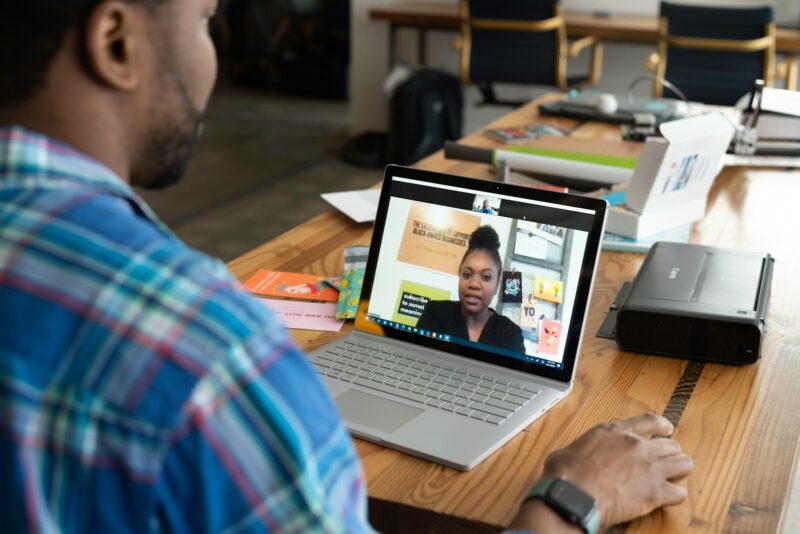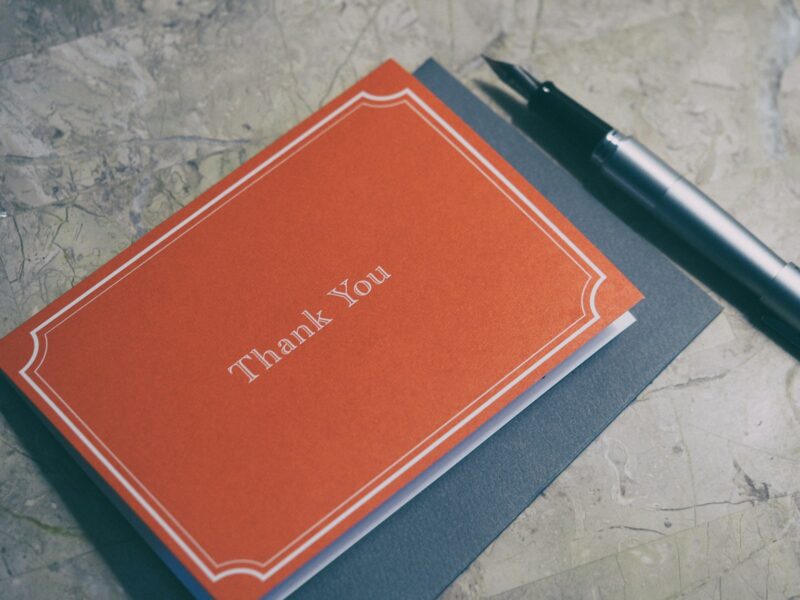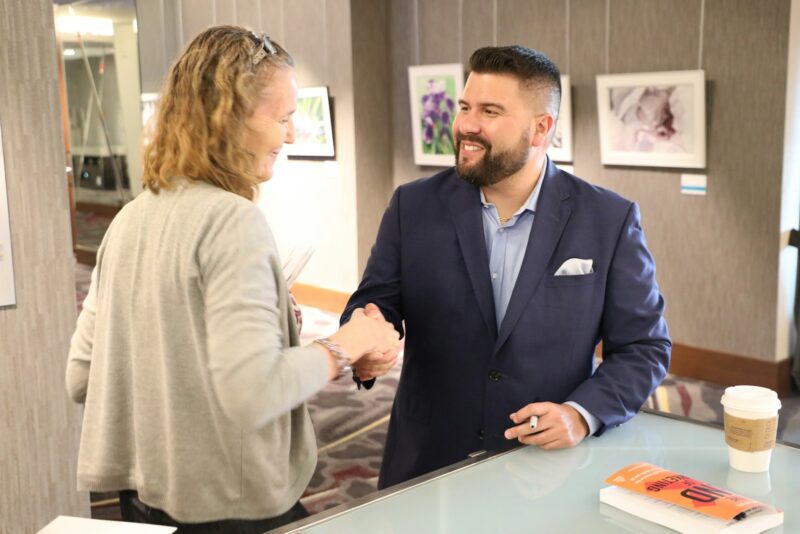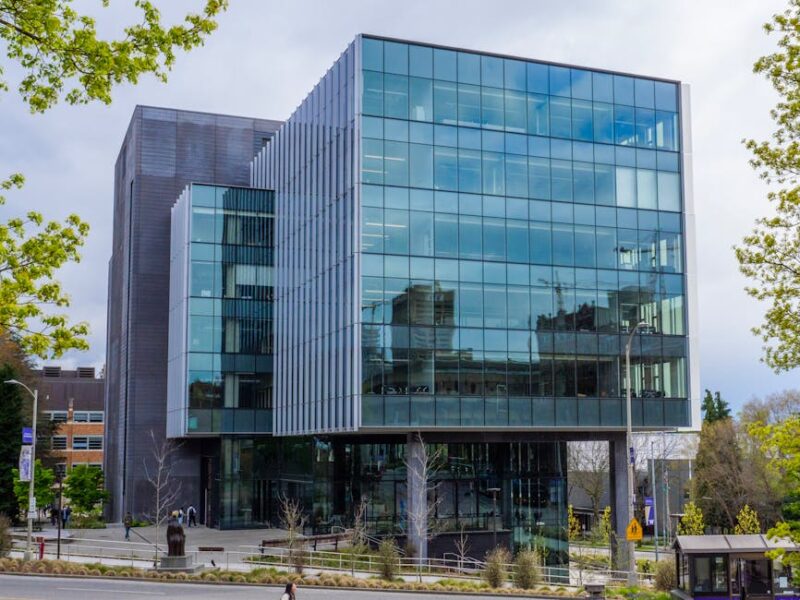Table of Contents
ToggleWhat Not to Do in a Job Interview
Navigating a job interview can be a daunting task. Candidates often focus on the right things to say and do, but it’s equally important to be aware of the behaviors that can undermine one’s chances of success. Missteps during this critical process can leave a lasting, unfavorable impression with potential employers. From avoiding certain conversational faux pas to understanding the subtleties of body language, what a candidate chooses not to do can be just as influential as what they actively pursue.
Understanding the employer’s perspective is key to avoiding interview pitfalls. Employers are not just assessing a candidate’s qualifications but also their potential fit within the company culture. Thus, maintaining a balance between confidence and humility, engaging respectfully in dialogue, and following post-interview etiquette can all contribute to a positive rapport with an interviewer. Awareness of these factors can help prevent a candidate from unknowingly sabotaging their own interview performance. Learn what not do in a job interview in this post.
Get the job you want! Work with a Monster Resume Expert today!
What Not to Do in a Job Interview: Key Takeaways
- Making the right impression involves both positive actions and avoiding negative behaviors.
- Employers evaluate both a candidate’s skills and their fit within the company culture.
- Proper interview conduct includes respect, engagement, and post-interview etiquette.
Initial Impressions
The impact of first impressions during a job interview cannot be overstated. They set the tone for the interaction and can often influence an interviewer’s perception throughout the meeting. A candidate’s personal appearance, professional demeanor, and pre-interview preparations contribute significantly to the success of this initial encounter.
Personal Appearance
Outfit and Appearance: Selecting an appropriate outfit is essential; it should align with the company’s culture while maintaining a level of professionalism. Clothes should be clean, well-fitted, and ironed. For a video interview, ensure the attire looks professional on screen as well.
Professional Demeanor
Confidence and Conduct: A firm handshake conveys confidence and sets a positive tone. However, for video interviews, a warm, confident greeting plays a similar role. Display professionalism through good posture, eye contact, and attentive listening, showcasing genuine interest in the dialogue.
Pre-Interview Preparations
Research and Documentation: Thorough preparation includes researching the company and understanding its mission statement. This knowledge should be reflected in tailored responses and questions. Ensure your resume and cover letter are up-to-date, and bring extra copies to the interview.
What Not to Do in a Job Interview: Communication During the Interview
Effective communication in a job interview is critical to making a positive impression. It involves a balance of clear verbal articulation and appropriate non-verbal cues, while strictly avoiding any improper language that could signal a red flag to interviewers.
Verbal Communication
Verbal communication in an interview is centered around how one articulates responses to interview questions. It includes not only what is said, but also how it is said. Candidates should aim to convey their thoughts in a structured and concise manner. Sharing stories about one’s experience can illustrate points effectively, but they must remain relevant to the question at hand.
- Listening: Active listening is crucial; it demonstrates engagement and interest. Candidates should focus intently when the interviewer speaks, and wait for them to finish before beginning their answer.
- Answering: Responses should be honest but tactful. Addressing one’s weakness candidly, for example, can be a strength if framed positively.
Non-Verbal Communication
Body language often speaks louder than words. Non-verbal cues can support verbal communication and help a candidate to come across as confident and genuine.
- Eye Contact: Making consistent but relaxed eye contact conveys confidence and attention.
- Fidgeting: Excessive fidgeting can be interpreted as nervousness or dishonesty. It’s best to avoid it.
- Boldness in posture is good, but one should not cross their arms, as this might seem defensive or closed-off.
Inappropriate Language
Inappropriate language doesn’t just refer to offensive words but also to negative phrases that question one’s own abilities, being overly informal, or speaking ill of former employers. Such language can be a red flag to interviewers, indicating a lack of professionalism or potential for discord within teams.
- Never be rude or use sarcasm; maintain a neutral yet friendly tone.
- Candidates should replace negative self-talk with language that showcases their eagerness to grow and learn.
What Not to Do in a Job Interview: Behavioral Missteps
When attending a job interview, it’s crucial to be mindful of one’s actions and behavior. These not only reflect one’s level of professionalism but also leave a lasting impression on the interviewer. There are specific behavioral missteps that can jeopardize an applicant’s chance of landing the job.
Negative Body Language
Poor body language can convey disinterest or arrogance. Key indicators of negative body language include slouching, failing to maintain eye contact, and crossing arms—an unconscious signal of defensiveness. Candidates should aim to present an open and engaged posture to project confidence and approachability.
Displaying A Lack Of Interest
Expressing boredom or a lack of enthusiasm can be detrimental during an interview. Signs such as looking bored, checking the time, or failing to engage with the interviewer can indicate to the employer that the candidate is not genuinely interested in the position. Displaying enthusiasm and actively participating in the discussion are more professional approaches.
Inappropriate Actions
Certain actions are considered unprofessional in an interview setting. Using cell phones, eating, or grooming with items like nail files shows a disregard for the interviewer’s time and the importance of the occasion. These actions suggest that the applicant lacks the respect and self-control necessary for a professional work environment. Candidates should ensure all their focus is on the interview and nothing else.
What Not to Do in a Job Interview: Questioning Etiquette
When engaging in a job interview, the candidate’s approach to asking questions should be tactful and considered. Questions should showcase interest and insight, yet some can reflect negatively on the candidate, especially those that can be perceived as self-serving or inappropriate.
Questions To Avoid
Candidates must exercise discretion in the questions they pose. Questions with a negative connotation, for example, should be avoided. Asking about the company’s financial stability or inquiring too deeply about internal conflicts can be off-putting. It’s also prudent to steer clear of questions that have been clearly answered during the interview. Candidates should refrain from making their current employer the subject of any negative questions, as this could signal a lack of professionalism.
- Questions about confidential or sensitive company information.
- Questions that are too personal or targeted at the interviewer.
- Negative questions about your current employer or past jobs.
Addressing Salary
When it comes to salary, timing is key—discussion should typically be reserved for later stages of the interview process. A candidate might inquire about salary range at the initial interview but should avoid making salary the focal point of their questions.
- Inquiries about salary should be general, not specific.
- Discussion of salary expectations should be transparent and based on research.
Once an offer is on the table, candidates can be more specific about money, including salary negotiations tied to defined salary expectations. This part of the discussion should always remain respectful and grounded in market rates and personal experience.
What Not to Do in a Job Interview: Post-Interview Protocol
After a job interview, candidates should focus on two key post-interview actions: Following up properly with the employer and reflecting critically on their interview performance. Both steps are crucial in maintaining a professional reputation and learning from the experience to improve future interview skills.
Following Up With The Employer
Do’s of Following Up:
- Thank You Notes: Sending a personalized thank you email or card demonstrates courtesy and keeps the candidate at the forefront of the employer’s mind. It affords an opportunity to reiterate interest in the position and to briefly mention a highlight from the interview that signifies sincere engagement.
Don’ts of Following Up:
- Recklessness: A candidate must avoid spamming the employer with messages or making desperate phone calls. Such behavior can tarnish their reputation and reduce the chances of being selected.
- Generic Messages: Every follow-up email or note should be custom-crafted for the person being addressed, eschewing generic, templated responses which fail to make a mark.
Reflecting On Interview Performance
Assessment of Performance:
- Identify Strengths and Weaknesses: They should assess their responses to identify which answers showcased their skills effectively and which might have been mistakes or missed opportunities.
- Future Improvement: Reflecting on these points can sharpen their interview tactics and better prepare them for subsequent opportunities.
Learning from Experience:
- By carefully analyzing the interview, they gain insights that could be pivotal in refining their approach for future interviews, ensuring continuous improvement and development of their professional persona.
Our Goal For You: More Interviews. Get Started with a Monster Resume Expert
What Not to Do in a Job Interview: Frequently Asked Questions
Navigating a job interview can be challenging. It is crucial for candidates to understand what to avoid in order to make a positive impression on potential employers. This section addresses common missteps and questions interviewees might have.
What are common mistakes candidates make when answering questions during an interview?
Candidates often fail to adequately prepare for common interview questions. Providing answers that are too long or too personal can detract from their professional qualifications. It’s essential to stay on topic and be concise during responses.
Which topics should be avoided when making conversation with an interviewer?
Job seekers should steer clear of controversial subjects such as politics, religion, or personal issues. It’s also advisable to avoid topics that could be considered unprofessional or irrelevant to the job.
How can being unprepared for an interview negatively impact a candidate’s performance?
Unpreparedness can result in a candidate being unable to answer questions effectively or ask insightful questions themselves. This can leave an impression of disinterest or incompetence, potentially costing them the opportunity.
Why is it important to avoid speaking negatively about past employers in a job interview?
Speaking poorly about previous employers can suggest a lack of professionalism and may raise concerns about a candidate’s ability to handle workplace conflicts constructively. It’s important to maintain a professional demeanor.
Can overconfidence in an interview be perceived negatively, and how can it affect the outcome?
Excessive confidence can come across as arrogance, which can be off-putting to interviewers. Candidates should aim to be assertive but not aggressive, as it can raise doubts about their ability to work in a team.
What body language faux pas should candidates be aware of during an interview?
Body language such as poor eye contact, closed postures, or fidgeting can convey nervousness or disinterest. Interviewees must be aware of their non-verbal cues and maintain an open and engaged demeanor.


